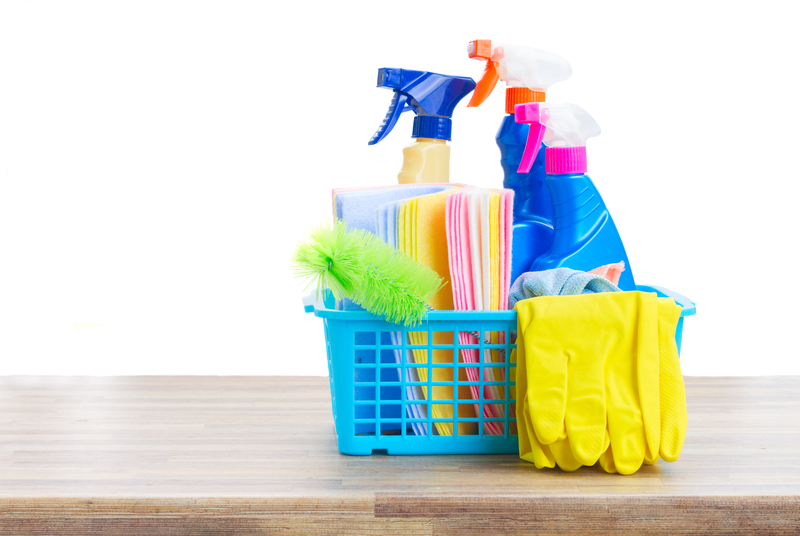As sustainability becomes a goal for several homes and firms, eco-friendly cleaning is increasing significant traction. Traditional washing methods frequently count on hard substances that can hurt both the environmental surroundings and individual health. But, thanks to recent scientific improvements, washing may now be equally effective and environmentally responsible. In this informative article, we'll examine how engineering is helping minimize environmentally friendly influence of cleaning practices, making it easier for customers to decide on green solutions that protect the planet.

1. Green Washing Services and products with Sophisticated Remedies
One of the greatest benefits of engineering to eco-friendly cleaning is the growth of progressive, non-toxic cleaning formulas. Contemporary cleaning services and products are now actually built to be equally efficient and biodegradable, ensuring which they break up without causing hazardous residues. These advanced treatments avoid the usage of dangerous chemicals such as for instance phosphates, chlorine bleach, and ammonia, which can be found in mainstream cleaners. As an alternative, plant-based substances and organic minerals are used, supplying a safer alternative for both consumers and the environment.
2. Smart Cleaning Products with Decreased Energy Usage
Power efficiency is another place wherever technology is building a significant influence in the washing industry. Smart washing products, such as for instance automatic vacuums and sophisticated water products, are manufactured to make use of less power while still providing large performance. These units frequently include characteristics such as for instance auto-scheduling, sensors for successful navigation, and flexible washing processes that decrease electricity use. By consuming less power, these instruments lessen carbon footprints, contributing to an even more sustainable method of home cleaning.
3. Water-Saving Systems in Washing Appliances
Water conservation is an increasing issue in the combat weather change. Several contemporary washing devices today integrate water-saving technologies to help minimize consumption without reducing cleaning quality. For example, certain water mops and dishwashers use less water by optimizing the washing process and maximizing the potency of each drop. Furthermore, self-cleaning methods in certain vacuums and mops use little water while ensuring maximum cleanliness, supporting to save this valuable resource.
4. Eco-Friendly Presentation and Refillable Options
As customers be conscious of the environmental influence, manufacturers are answering by offering packaging solutions that minimize waste. Many cleaning products are now sold in focused forms, letting consumers to replenish their bottles rather than constantly getting new ones. This approach decreases plastic waste and encourages reusability. Moreover, eco-friendly packaging resources, such as for example recycled plastics and biodegradable pots, are increasingly being used more often in the washing industry.
5. UV-C Light for Chemical-Free Disinfection
UV-C mild engineering is revolutionizing just how we disinfect our homes. Devices that use UV-C light to kill microorganisms, viruses, and other pathogens are increasing recognition as a chemical-free option to conventional disinfectants. These units emit uv gentle that destroys dangerous microorganisms without the necessity for possibly hazardous chemicals. Applying this organic disinfecting approach, house holds and corporations may assure a safe and sanitary setting while lowering their dependence on manufactured cleaners.

Conclusion
Engineering is playing a pivotal position to make washing practices more eco-friendly, letting persons and firms to lessen their environmental footprint while sustaining clear and healthy spaces. From sustainable cleaning products and services and water-saving units to energy-efficient systems and chemical-free disinfecting methods, the inventions in the cleaning industry are supporting protect the planet. As natural washing alternatives be much more accessible and effective, consumers will make a confident affect equally their houses and the environment, ensuring a wholesome world for potential generations.
